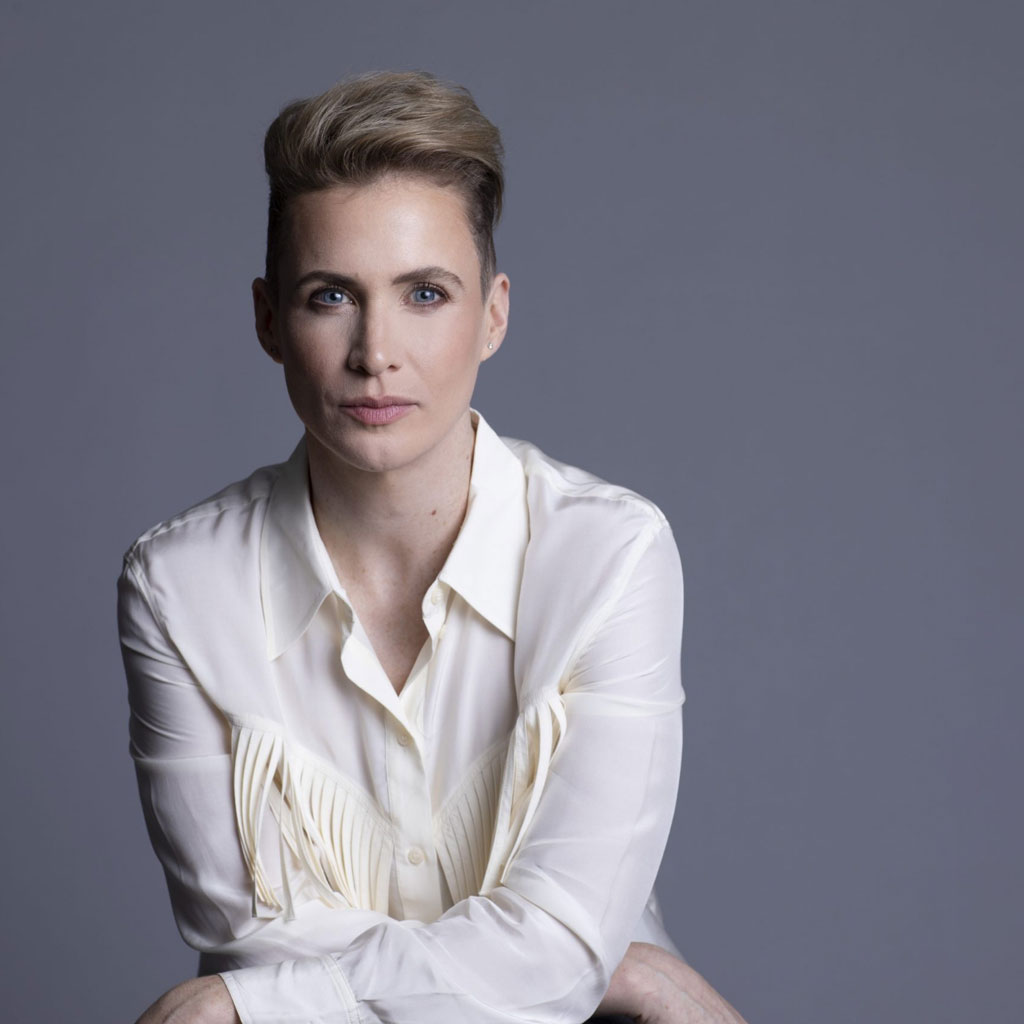New artistic director at Central City has experience and hopes for CCO
By Peter Alexander March 22 at 6:20 p.m.
Alison Moritz’s career in opera started with a hot-air balloon.
The new artistic director of Central City Opera (CCO), Moritz saw her first opera in St. Louis when she was nine. It was Offenbach’s La belle Hélène, a very Parisian spoof of the the story of Helen of Troy. At nine, the innuendo did not make much of an impression.
“I think the sexual politics went over my head,” she says. “I was just impressed by the hot-air balloon onstage!”
Balloon or no balloon, she might have been destined for a career in opera. That first experience really clicked with someone who says she was “an indoor kid [who] loved everything artistic. I was really obsessed with story and picture and music.”
Her first ambition was to be a film animator. “I did see an opera when I was nine, and the whole world just made sense to me,” she explains. “It just felt so magical and exceptional, but also incredibly familiar.”
That early sense of familiarity soon led to a near obsession with opera. “When I was in 8th grade I saw my first production of Traviata and I went back and saw it five times! My parents went with me to the first two performances, and after that they would drop me off in the parking lot and say, ’See you three and a half hours.’
“I used to say I had to work in opera because I couldn’t afford to see opera as much as I wanted to. I had to find a way to sit in—I never get tired of it.”
Her path into directing was not something that she saw from the outset, however. “Initially, it was not clear what my contribution [to opera] could be,” she says. “When you’re not a singer, at the time I was growing up, there were fewer roles for women in production, there were fewer roles for women in leadership.”
Moritz attended Washington University in St. Louis, where she studied music and art history. She did some work in art administration, and production work backstage, but she thought that might be a hobby and she would work in another field. An internship with Opera America gave her insight into the American opera scene, and while living in New York she attended all the opera and theater that she could afford in standing room.
A turning point came when a friend who went to some performances with her, but did not work in opera, told Moritz, “The way you think about this is someone’s job.”
“That was the first time that I thought maybe I could do this,” she says. “I was really lucky—I went back to school to get a degree in opera stage direction at the Eastman School of Music. When I arrived there I knew a lot about opera but I had very little experience. And I’m proudly grateful that they saw potential in me, and fostered that.”
From Eastman her career as a stage director has only grown. Today, she can claim directing credits from Lyric Opera of Kansas City, the Glimmerglass Festival, Opera Omaha, Ravinia, Tanglewood, Portland Opera and Opera Colorado, among many others.
Moritz says that she approaches her work principally through the music. “My job as a director is to really help contemporary audiences see what’s so special about the music,” she says. “It’s really key for the director to bring the story and the visuals and the relationships amongst people and ideas together, so that we’re making a case for these beautiful documents. That’s always been my approach.”
She believes that growing up a Midwesterner—“in a flyover state,” she says—affects her perspective on opera. “I’ve never had the point of view that the only great opera in America is in the largest coastal companies. They’re incredibly important, but to be able to produce things locally and regionally I think is important, and fundamental to what makes Central City such an exciting place to work and to watch opera.
“The other Midwestern thing about me is I’ve always been creative, but through the lens of pragmatism. I know the cost of wood when we’re building the set. We’ve got to make some nitty-gritty decisions in order to be able to make great art. The Midwesterner in me is always looking to see how long will this take to rehearse, how many days do we need to do X, Y and Z, and that keeps me pretty grounded.”
For the coming summer, Moritz already has long established engagements at Cincinnati and Glimerglass in upstate New York, but after this year her new job will mean she has to forego summer directing jobs outside Central City. “This year there’s a little bit of a time-share, [but] I’m really confident that I’ll be able to spend meaningful time with the audiences at the top of the mountain,” she says. “For future seasons, I will be at Central City the entire summer.”
Looking ahead, Mortiz envisions creating cooperative relationships with other opera companies where she might have directing work outside of the Central City season. “I’m excited about the prospect of creating more co-productions [with other companies] and being able to bring the best of American opera here to Central City,” she says. “I’m really optimistic and excited about the future. I’m really happy to have my boots on the ground and to get to work.
“We’re all very excited to re-imagine and to dream and continue creating a great atmosphere at Central City for both artists and audiences.”
NOTE: Information Central City Opera’s summer 2024 festival season can be found on the CCO Web page.


